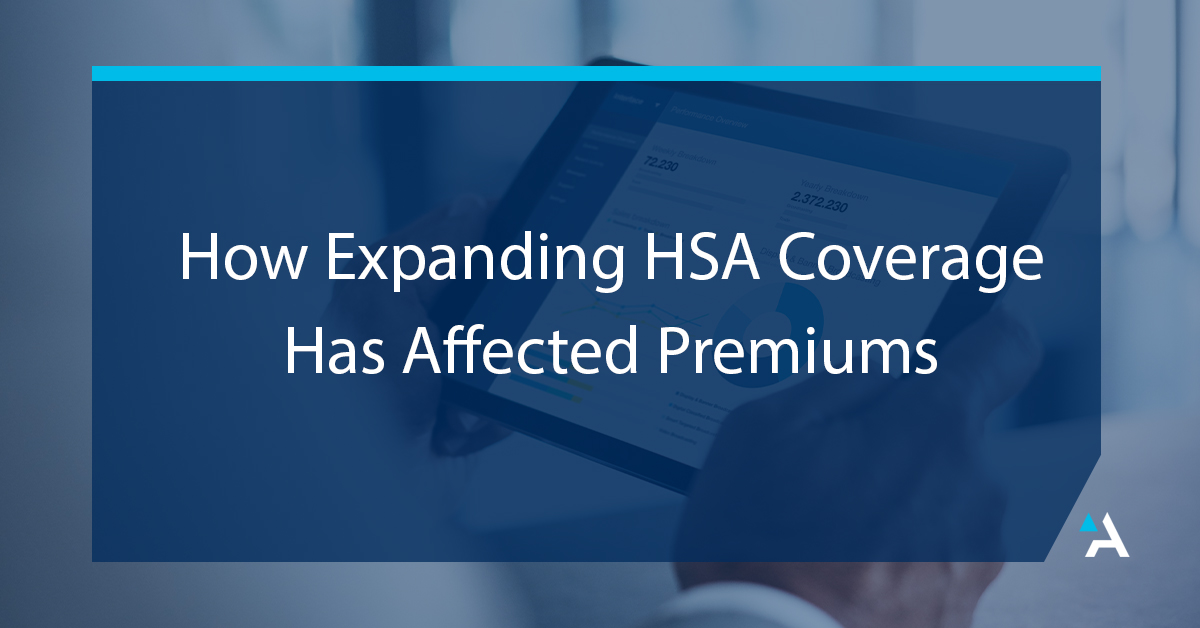
On July 17, 2019, the IRS released Notice 2019-45, which expands the list of permissible preventive care benefits for high deductible health plans. The Employee Benefits Research Institute (EBRI) looked at claims data and did not see a big impact on premiums. Premiums in HSA-eligible health plans increased 1.3% to 4.7% as a result of expanding pre-deductible coverage to 116 drug classes related to medications for chronic disease management. Employers have shown interest in expanding pre-deductible coverage to include more healthcare services if allowed by the IRS.
EBRI finds that medical cost offsets and other cost-sharing have been successful in reducing the impact of expanding pre-deductible coverage. Premiums increased the least, at 1.3%, when employers imposed coinsurance instead of a deductible and when the increased use of prescription drugs reduced the use of other medical services. Conversely, there was a 4.7% when increased prescription drug utilization did not reduce the use of other medical services and employers did not impose coinsurance.
EBRI notes that a relatively high percentage of users of the 116 drug classes meet their deductible since their health conditions make them high users of health care.

